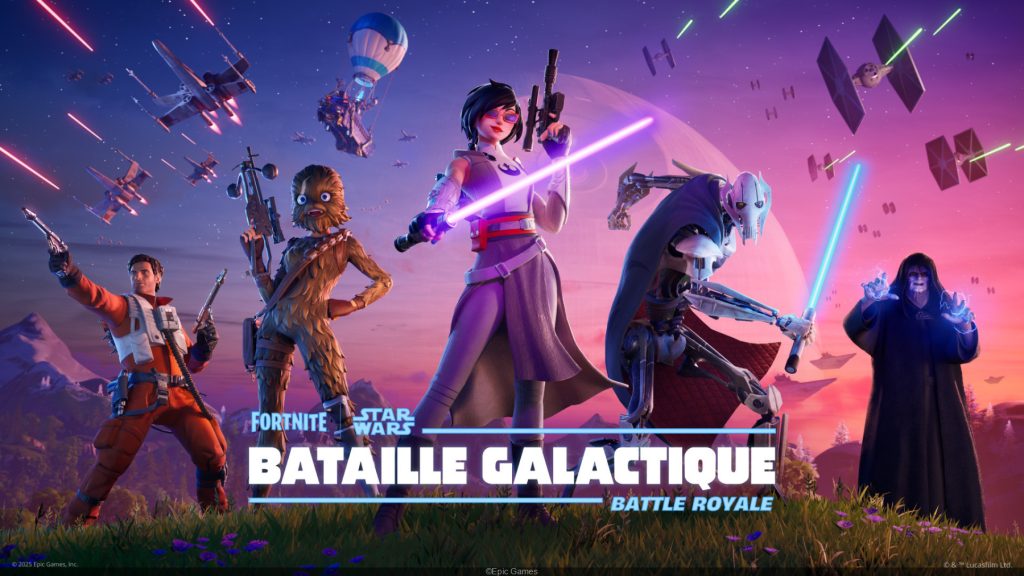When Fortnite was first introduced to the gaming world in 2017, no one could have predicted the impact it would have on the gaming industry. With its unique blend of building mechanics, colorful graphics, and fast-paced gameplay, Fortnite quickly became a cultural phenomenon, attracting millions of players from around the world. But perhaps the most significant contribution that Fortnite has made to the gaming landscape is how it reinvented the battle royale genre.
Before Fortnite came along, battle royale games were a relatively niche genre in the gaming world. Popularized by games like PlayerUnknown’s Battlegrounds (PUBG) and H1Z1, the battle royale genre was characterized by its intense, high-stakes gameplay in which players fought to be the last one standing on a shrinking map. While these games were popular among hardcore gamers, they struggled to break into the mainstream due to their gritty, realistic graphics and punishing difficulty.
Fortnite changed all of that. With its colorful, cartoonish graphics and accessible gameplay, Fortnite appealed to a much wider audience than traditional battle royale games. Its free-to-play model also meant that anyone with a computer or console could jump in and start playing, making it easier than ever for players to experience the thrill of battle royale.
But perhaps the most significant innovation that Fortnite brought to the battle royale genre was its building mechanics. In Fortnite, players not only have to worry about eliminating their opponents but also about constructing structures to protect themselves and gain a tactical advantage. This added layer of strategy elevated Fortnite above its competitors and set it apart as a truly unique gaming experience.
The building mechanics in Fortnite are simple yet incredibly deep. Players can gather resources like wood, stone, and metal by breaking down structures and objects in the game world, which they can then use to build walls, ramps, floors, and other structures. This ability to build on the fly adds a whole new dimension to the gameplay, allowing players to outmaneuver their opponents, create elaborate fortresses, and engage in epic build battles that are as exciting to watch as they are to play.
The building mechanics also encourage creativity and improvisation, as players must constantly adapt to the ever-changing battlefield. No two matches of Fortnite are ever the same, thanks to the dynamic nature of the building mechanics and the unpredictable behavior of other players. This constant sense of discovery and experimentation keeps players coming back for more, eager to see what new strategies they can come up with and how they can outsmart their opponents.
But perhaps what truly sets Fortnite apart from other battle royale games is its commitment to staying fresh and relevant. The game’s developer, Epic Games, regularly updates Fortnite with new content, including new weapons, items, and game modes, as well as seasonal events and challenges. This constant stream of new content keeps players engaged and excited, ensuring that Fortnite never feels stale or repetitive.
Epic Games also leverages the popularity of Fortnite to collaborate with other brands and media properties, creating limited-time crossover events that allow players to experience their favorite characters and worlds in the Fortnite universe. From Marvel superheroes to Star Wars icons, Fortnite has become a playground for pop culture, bringing together fans of different franchises in a way that no other game has done before.
This commitment to innovation and collaboration has allowed Fortnite to transcend its status as a mere game and become a cultural phenomenon. It’s not just gamers who are playing Fortnite – it’s athletes, celebrities, and even parents who are getting in on the action. Fortnite has become a social hub, a place where people can connect, compete, and create memories together.
But perhaps the most enduring legacy of Fortnite is how it has reshaped the battle royale genre as a whole. Thanks to Fortnite’s success, other developers have taken notice and incorporated building mechanics and other elements from Fortnite into their own battle royale games. This has led to a renaissance in the genre, with new and exciting games like Apex Legends, Call of Duty: Warzone, and Fall Guys pushing the boundaries of what a battle royale game can be.
In conclusion, Fortnite has reinvented the battle royale genre in more ways than one. With its accessible gameplay, colorful graphics, and innovative building mechanics, Fortnite has appealed to a wider audience and brought new life to a genre that was once considered niche. By staying fresh and relevant with regular updates and exciting collaborations, Fortnite has cemented its status as a cultural phenomenon and paved the way for a new era of battle royale games. Love it or hate it, there’s no denying the impact that Fortnite has had on the gaming world, and its influence is sure to be felt for years to come.

